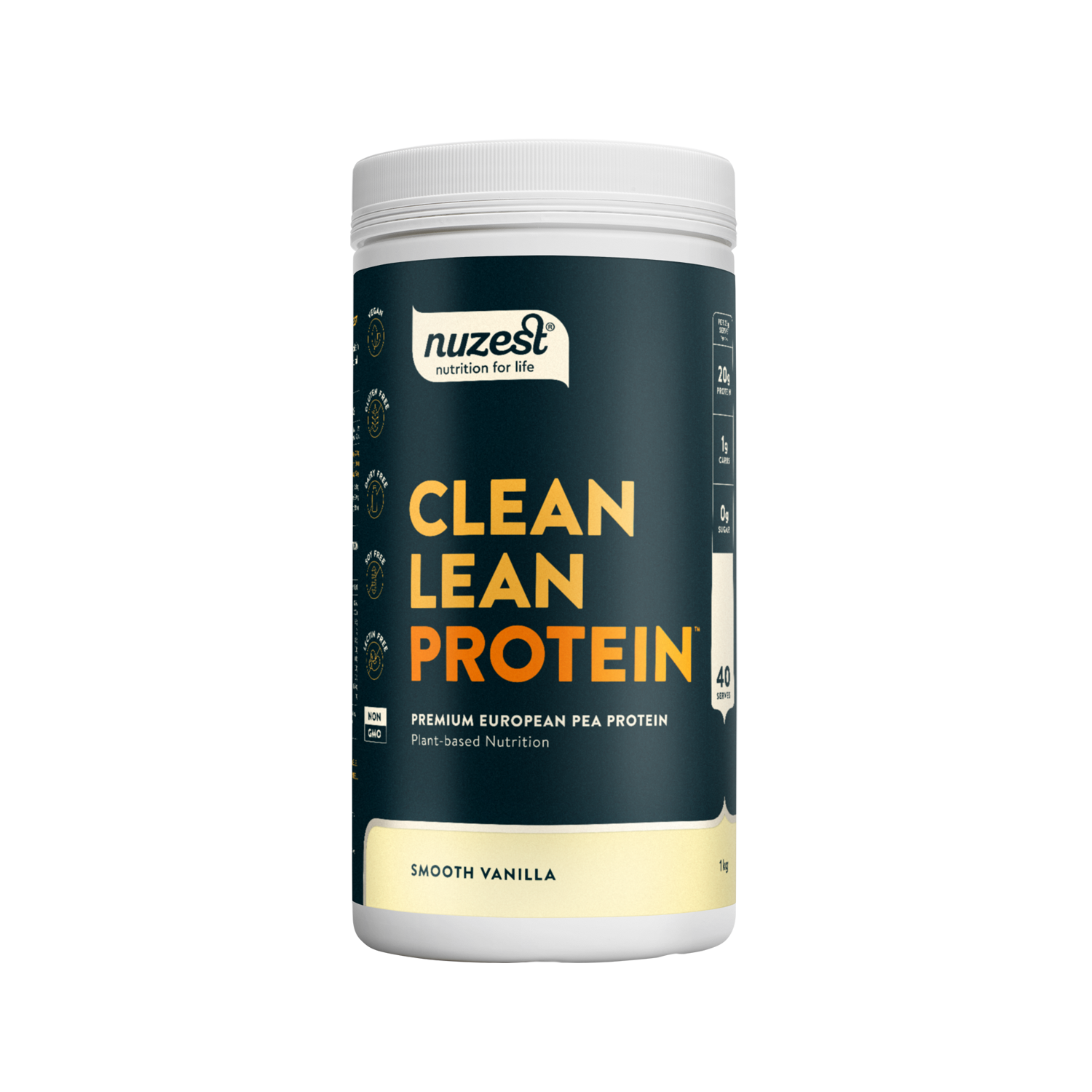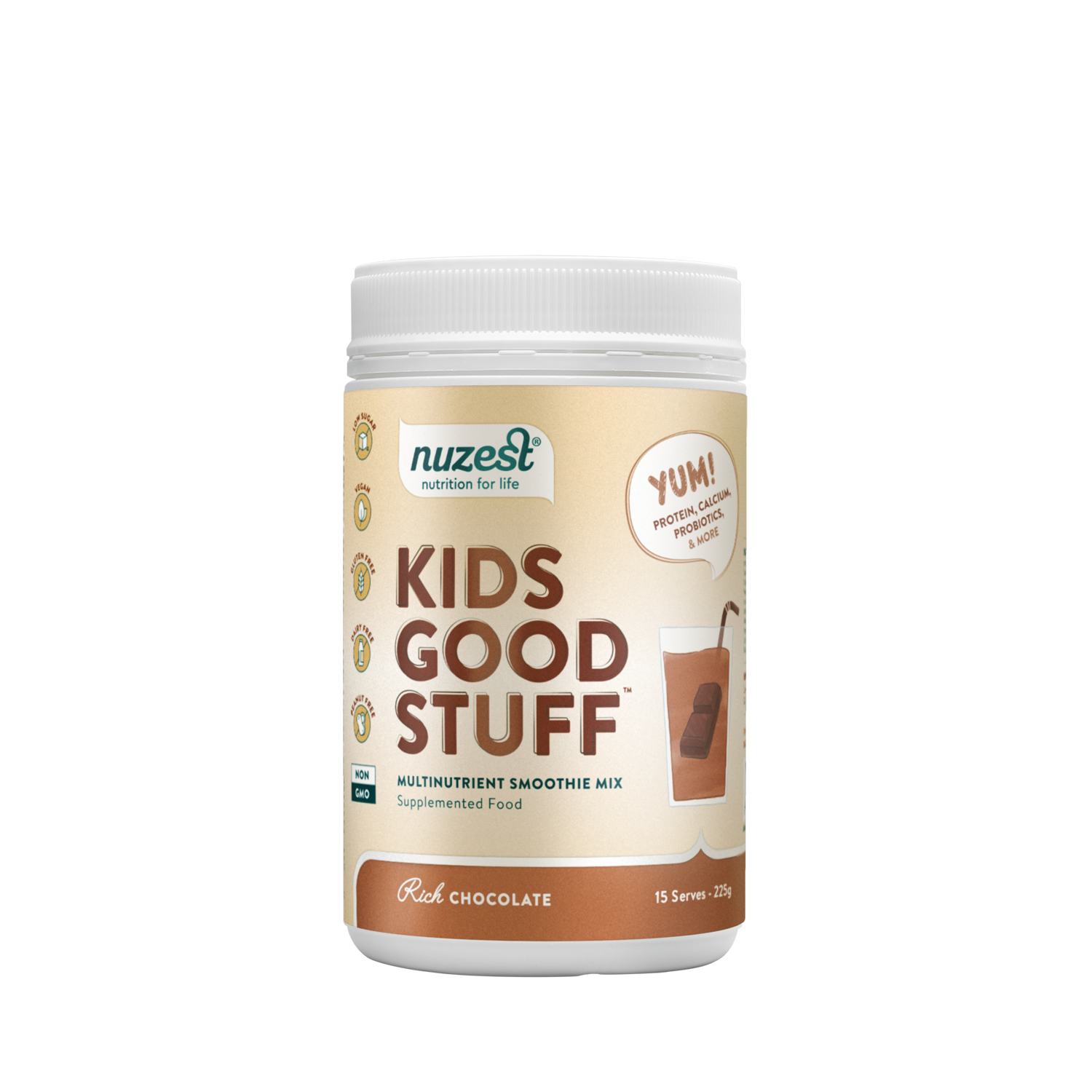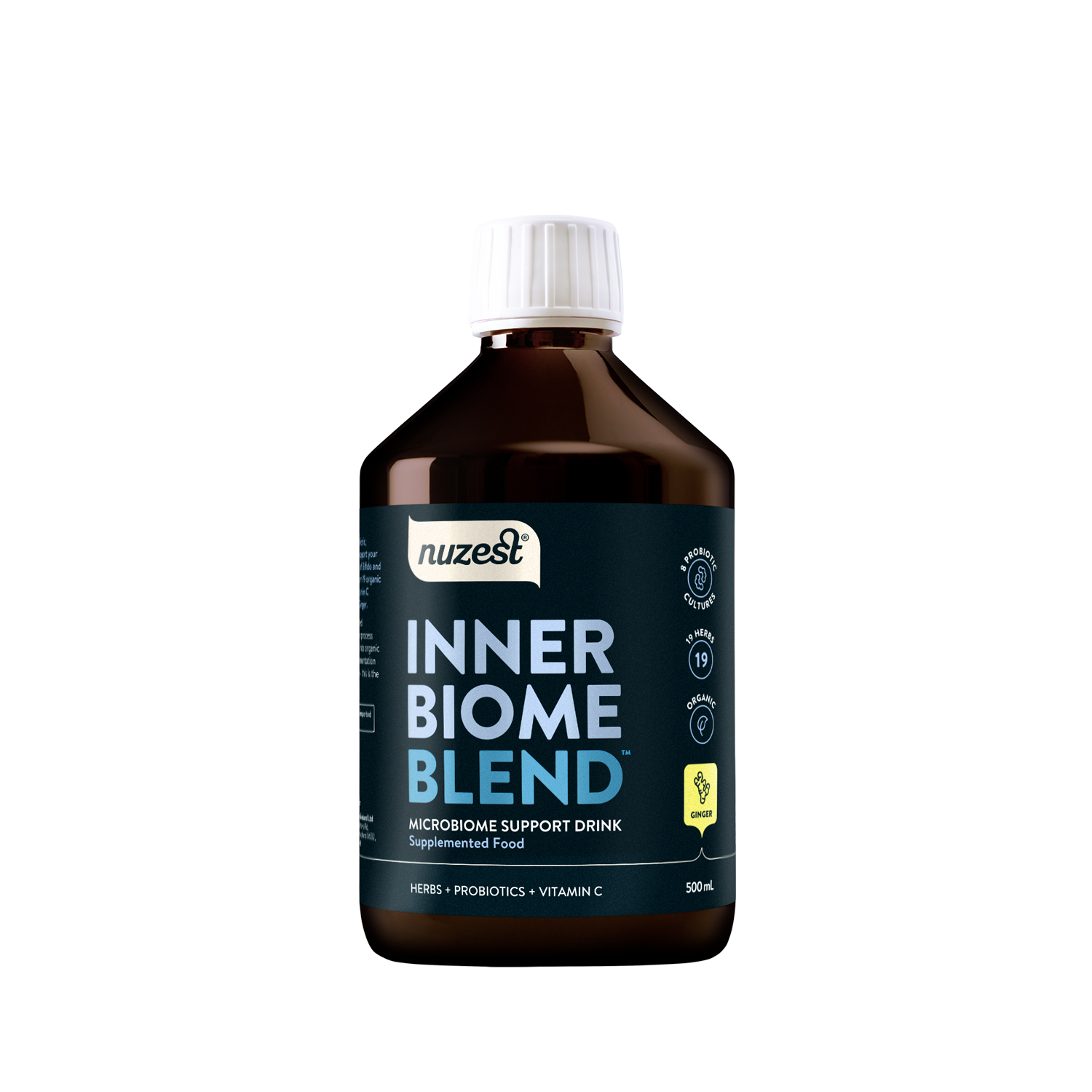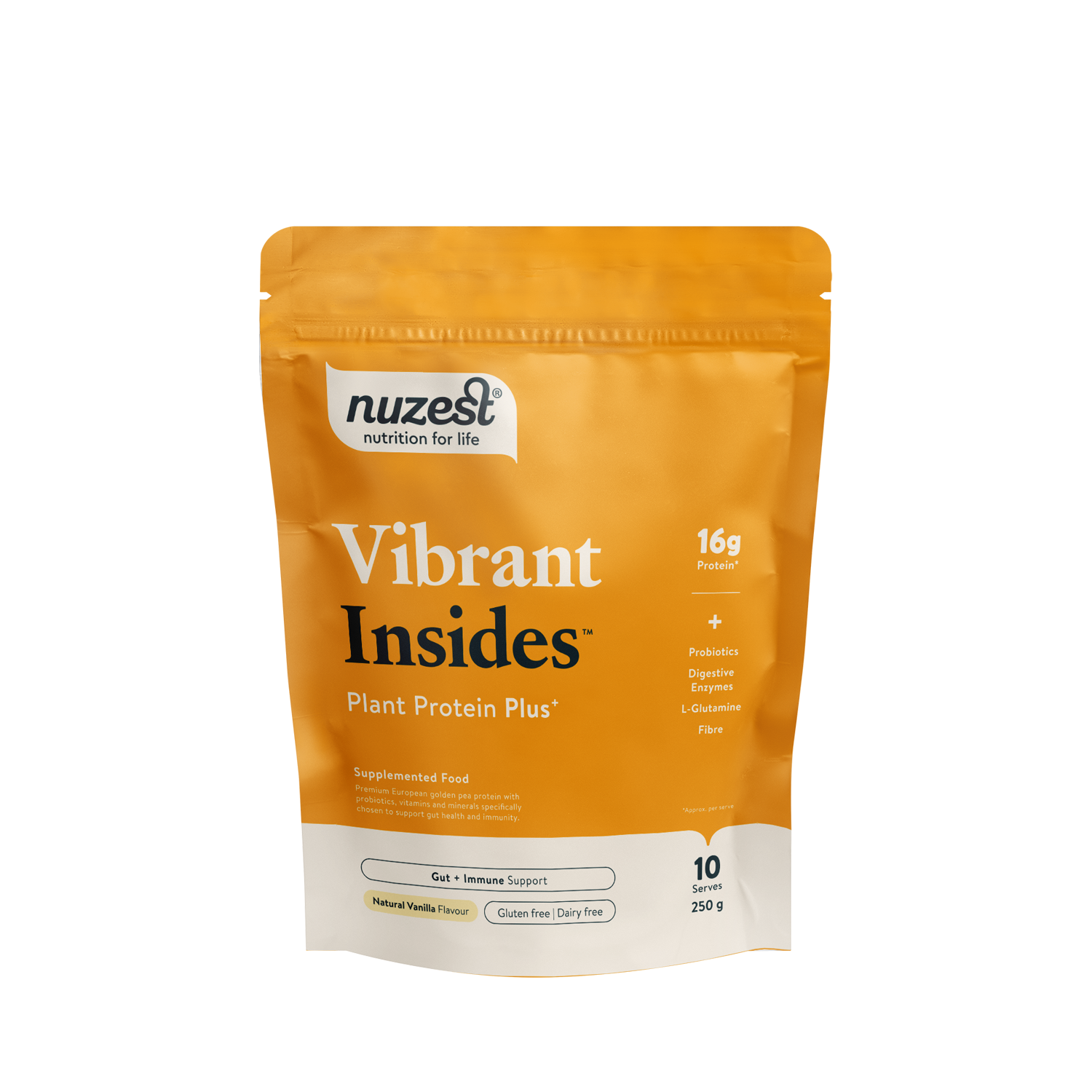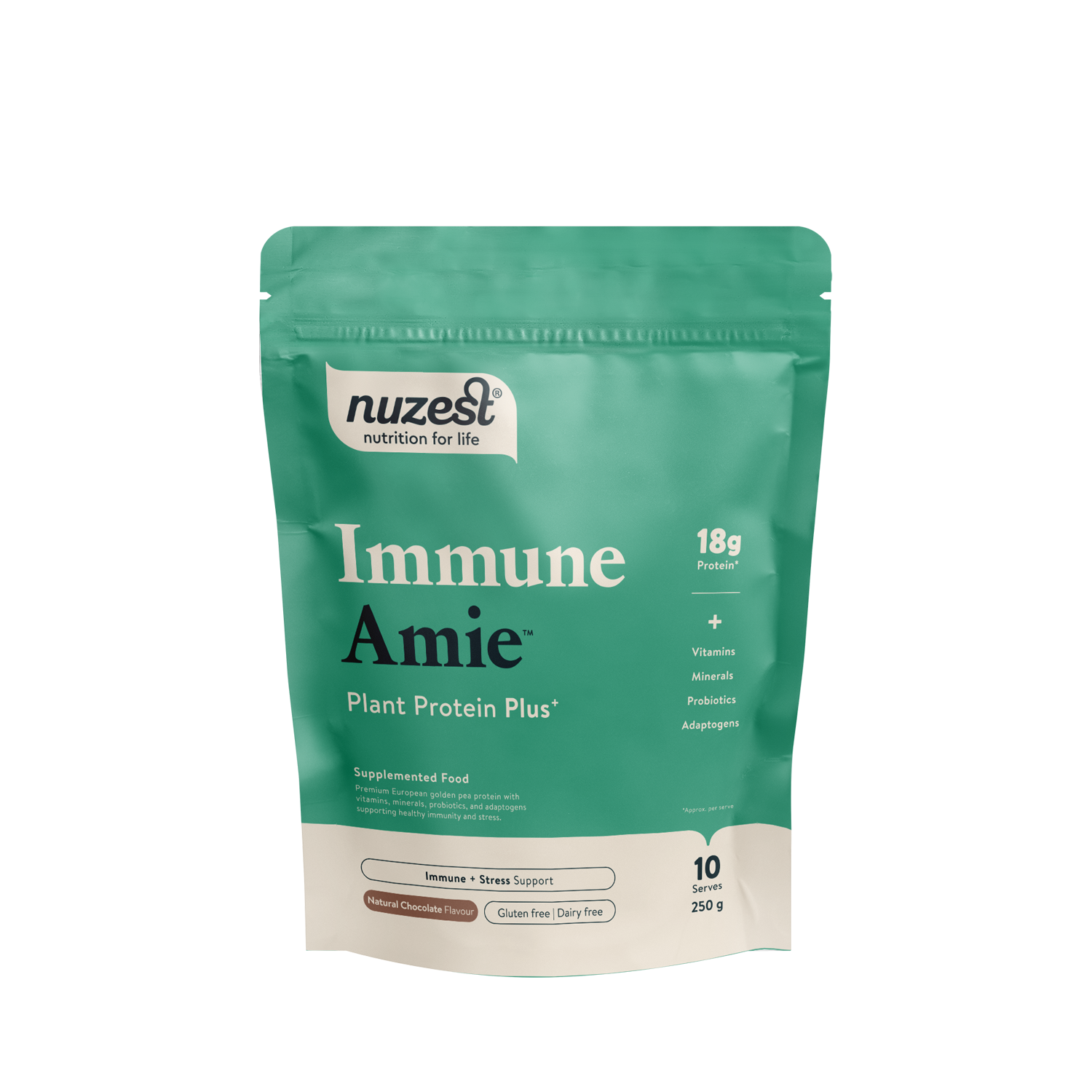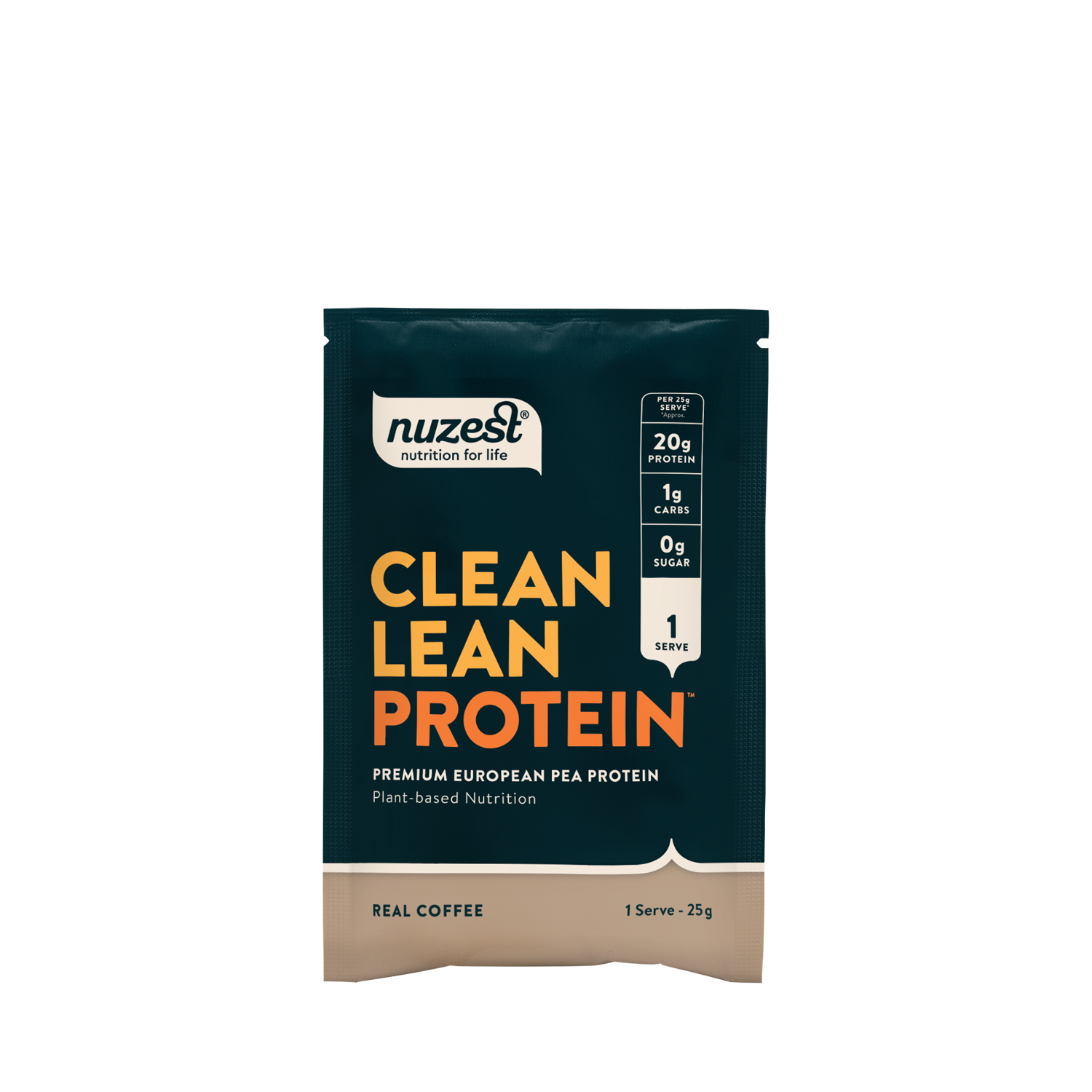Pea Protein Isolate
Yellow Peas (Pisum sativum)

Pea protein is a plant-derived protein powder made from yellow split peas (Pisum sativum). It is commonly used as a dairy-free alternative to whey protein and is valued for its high digestibility and balanced amino acid profile.
Products:
Is Pea Protein Isolate Free from Common Allergens?
Pea protein isolate is free from several common allergens, including dairy, soy, and gluten, making it suitable for individuals with food sensitivities or allergies. Additionally, its hypoallergenic nature means it has a lower potential to elicit allergic reactions compared to some other protein sources.¹ ²
Pea Protein Isolate for Digestion
Recognised for its high digestibility, pea protein isolate is generally well-tolerated by those with sensitive stomachs. It provides a balanced amino acid composition that supports digestive health and optimal gut function. Additionally, pea protein tends to cause less bloating and digestive discomfort compared to other protein sources, making it a gentler option for the digestive system.³ ⁴ ⁵
Pea Protein Isolate for Muscle Mass
A plant-based protein source, pea protein isolate contains essential amino acids, including branched-chain amino acids (BCAAs), which are involved in muscle repair and growth. Studies suggest that pea protein, when consumed alongside exercise, can support muscle mass development at levels comparable to certain animal-derived proteins.⁶ ⁷
Pea Protein Isolate vs. Whey
While whey protein remains a popular choice due to its complete amino acid profile and rapid digestion, pea protein isolate offers distinct advantages. Being entirely plant-based, pea protein is suitable for vegans and those with lactose intolerance. Although it contains lower levels of some essential amino acids like methionine, its slower digestion provides a sustained release of amino acids, including leucine, which supports muscle protein synthesis. Additionally, pea protein is often better tolerated, causing less digestive discomfort such as bloating.⁸ ⁹

